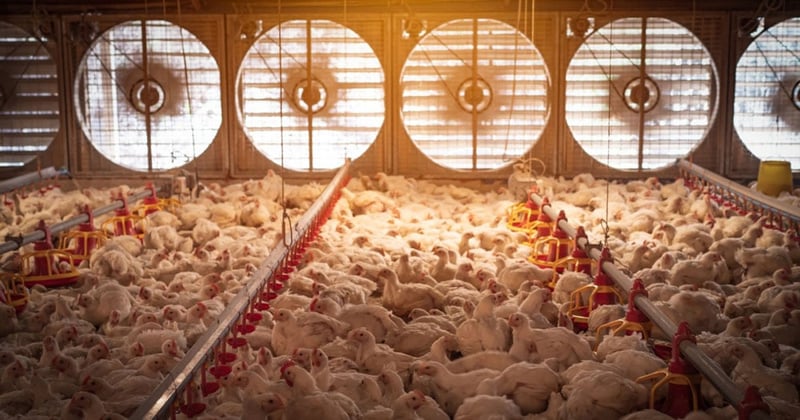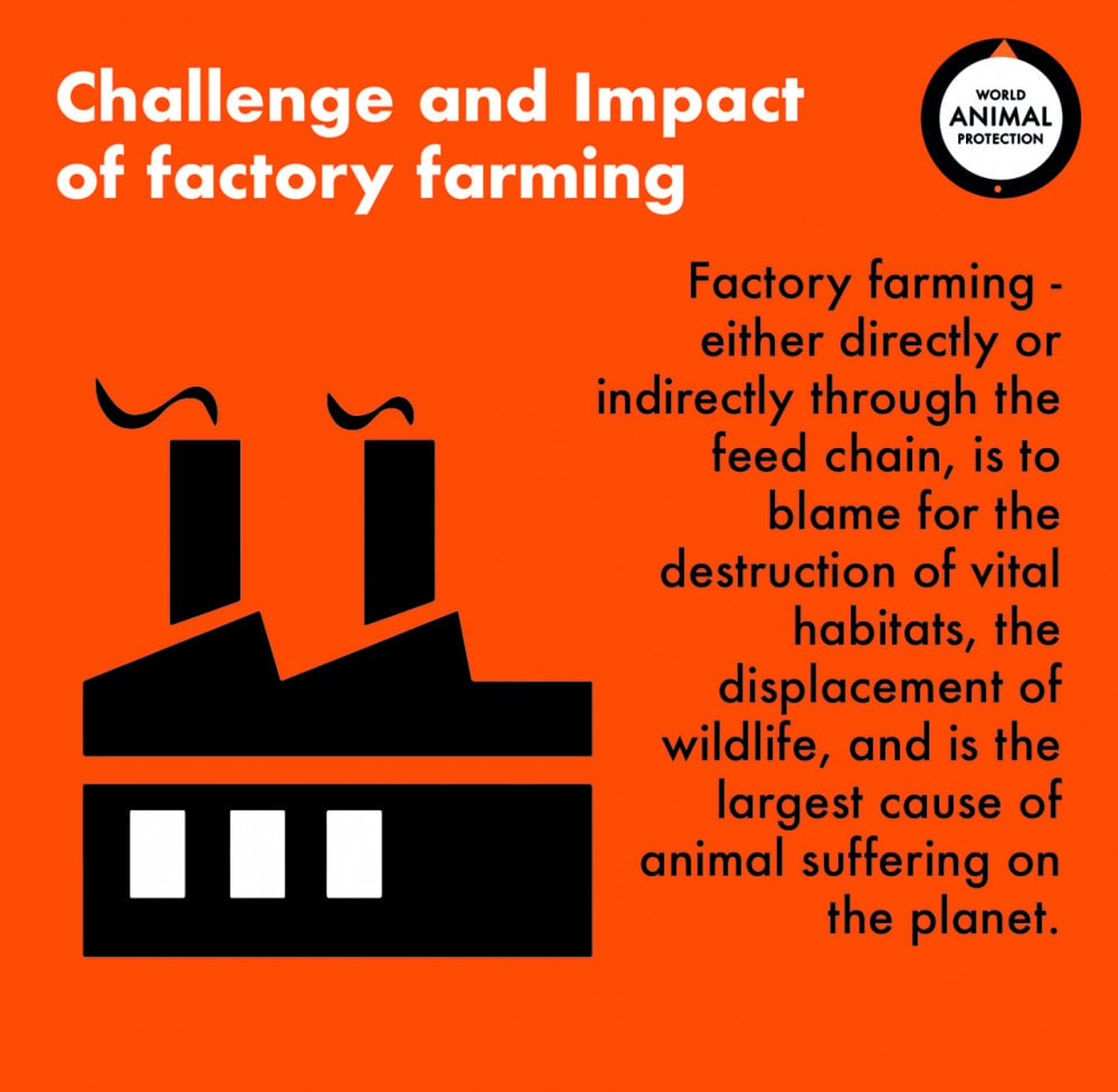
A Case for a Moratorium on Factory Farming in the Global South
News
In recent years, the rise of factory farming, also known as industrial livestock production, has sparked concerns about its impact on public health, animal welfare, and the environment in the Global South. To address these pressing issues, there is a strong case for implementing a moratorium on factory farming practices.
The Hidden Costs of Factory Farming
Factory farming entails hidden costs that affect various aspects of our society. From a public health perspective, the crowded conditions in which animals are raised in factory farms create a breeding ground for diseases, increasing the risk of zoonotic diseases and antibiotic resistance. This poses a significant threat to human health and calls for immediate action.
Furthermore, the environmental impact of factory farming cannot be ignored. The intensive concentration of livestock leads to excessive greenhouse gas emissions, contributing to climate change. Additionally, the large-scale clearing of land for feed production results in deforestation, which further exacerbates environmental degradation.
The Impact on Small-Scale Farmers
The expansion of factory farming poses significant challenges for small-scale farmers in the Global South. These farmers, who rely on sustainable and traditional farming practices, struggle to compete with large-scale factory farms. The unfair competition threatens their livelihoods and the food security of their communities. By implementing a moratorium on factory farming, we can protect these small-scale farmers and preserve their crucial role in local food systems.
The Benefits of a Moratorium
Implementing a moratorium on factory farming would yield multiple benefits for the Global South. Firstly, it would provide an opportunity to evaluate the impact of factory farming on public health, animal welfare, and the environment. This evaluation would enable policymakers to develop and enforce stricter regulations and standards, ensuring the well-being of both animals and consumers.
Secondly, a moratorium would facilitate a shift towards sustainable and humane farming practices. By encouraging the adoption of alternative methods such as organic farming and regenerative agriculture, we can prioritize animal welfare, environmental preservation, and the well-being of local communities. These practices have the potential to reduce greenhouse gas emissions, protect biodiversity, and foster a more resilient and sustainable food system.
Lastly, a moratorium on factory farming would promote investment in diversified and localized food production systems. By supporting small-scale farmers and regional food networks, we can enhance food security, reduce reliance on industrialized agriculture, and generate economic opportunities in rural communities.
Conclusion
The detrimental effects of factory farming on public health, animal welfare, and the environment demand immediate action in the Global South. Through the implementation of a moratorium, we can address these issues and transition towards sustainable and humane farming practices. By safeguarding small-scale farmers, promoting environmental stewardship, and fostering resilient food systems, a moratorium on factory farming paves the way for a healthier and more sustainable future in the Global South. Together, we can protect our health, animals, and the environment for generations to come.
To read our report on A case for a moratorium on Factory farming click the button below;
